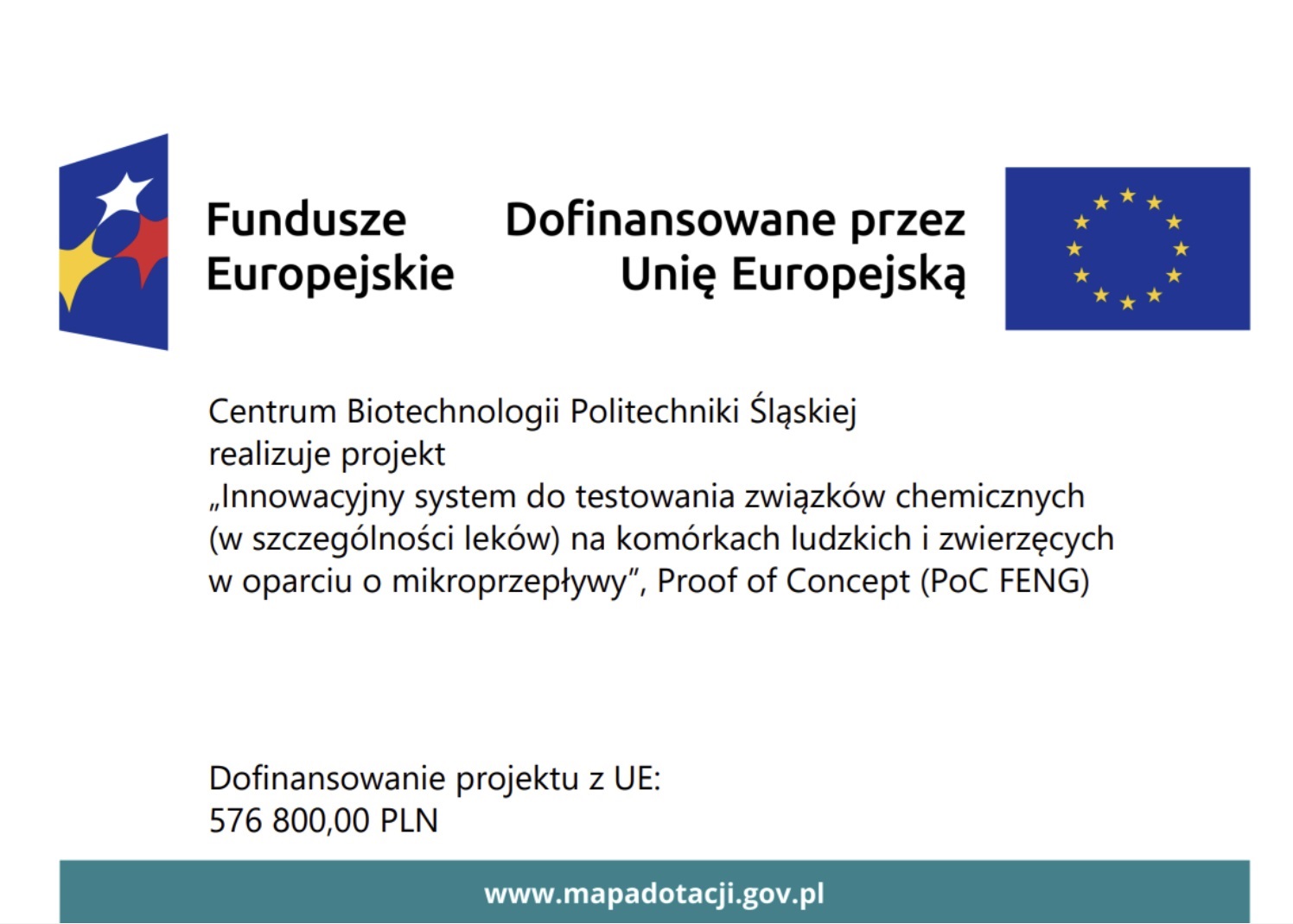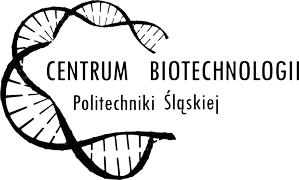

Microfluidics is a type of technology that can replace traditional approaches to biological experiments, characterized by precise control of fluid flow and high throughput. In recent years, research has shown that microfluidics is very promising for advancing biological studies and diagnostics.
To better reflect in vivo conditions, the project involves conducting cell cultures in micro-incubation chambers filled with hydrogel. Hydrogels exhibit physical similarity to the native extracellular matrix, thereby mimicking the natural environment for cell growth. The combination of a microfluidic structure with specially designed microchambers and a hydrogel with unique properties can serve as an innovative platform for studying cell populations, enabling the assessment of their response to a given chemical compound or drug.
The experienced project team will carry out a series of studies and tasks aimed at developing at least a prototype of the proposed system. These include: construction of a microdevice based on prior research, development of a numerical model of diffusion of the tested substance, design of software and flow control, synthesis and physicochemical analysis of a thermosensitive hydrogel, a series of biological experiments, and comprehensive data analysis with application development.
The numerical model of drug diffusion in the medium will be used for virtual testing of microfluidic system designs prior to implementation in production. The device will also explore the use of PMMA, a low-cost, durable, and practical polymer.
The proposed microfluidic technology enables the study of cellular behavior under precisely controlled experimental conditions that are not achievable using conventional macroscopic tools.
#FunduszeUE #FunduszeEuropejskie









